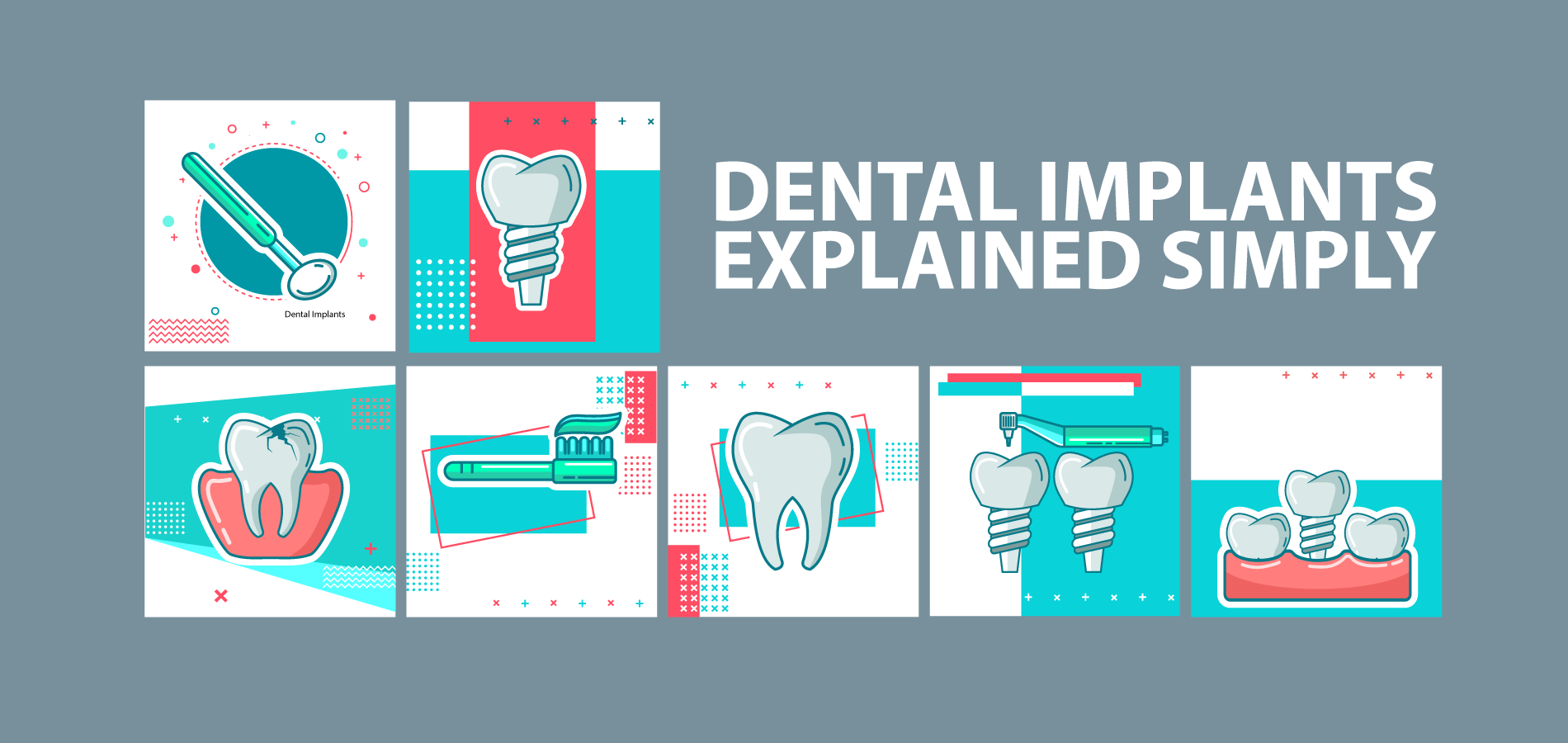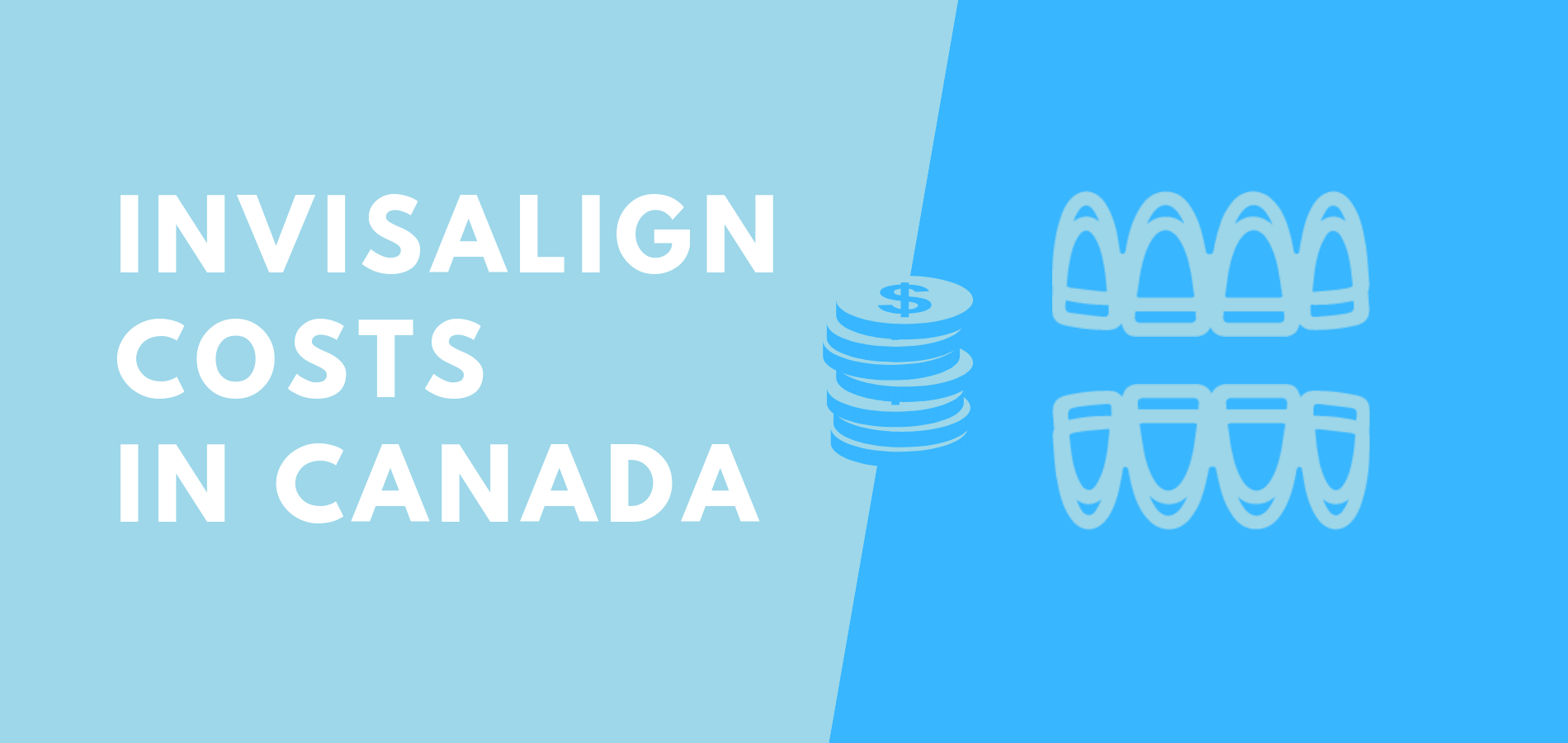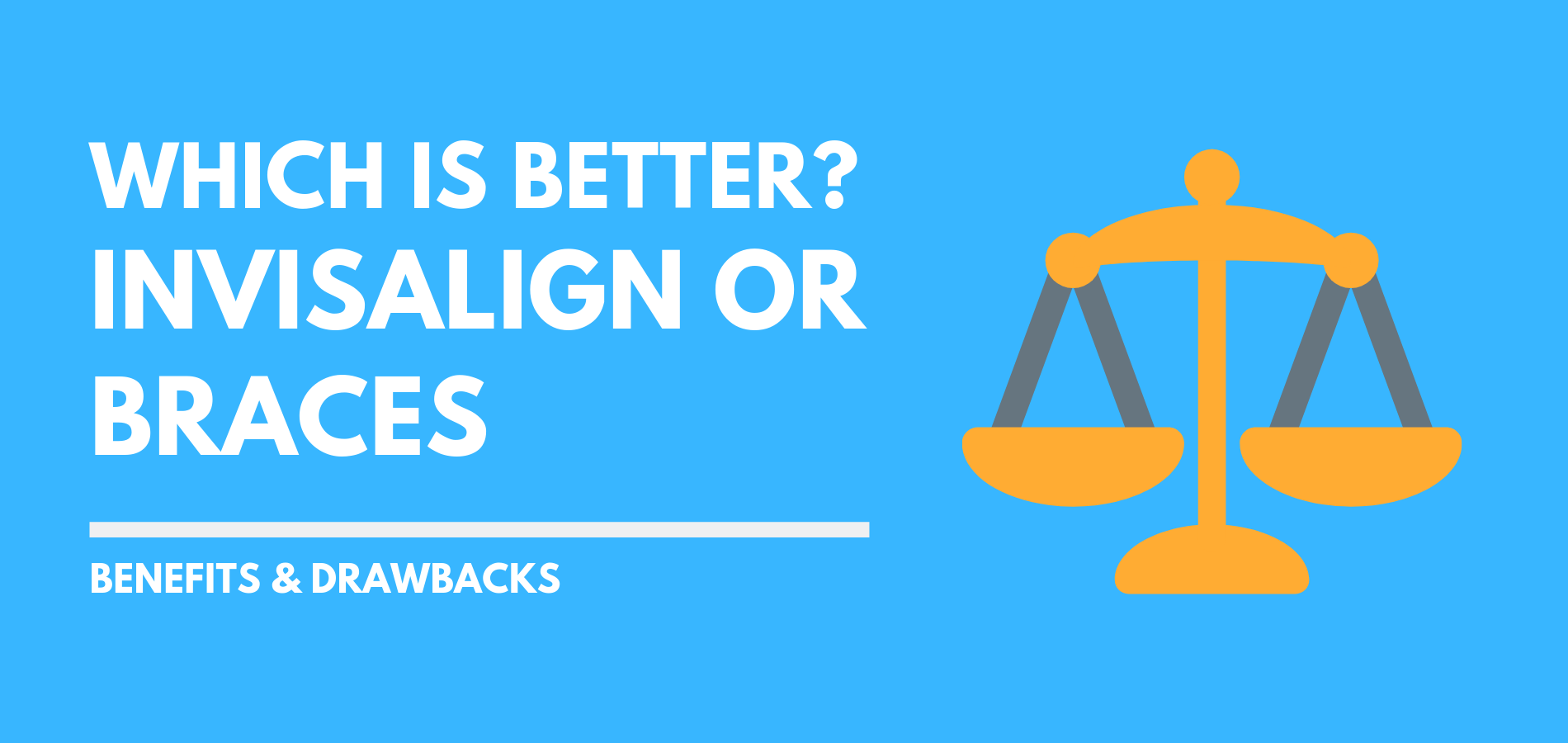Provincial health insurance covers the cost of going to see a doctor or a hospital stay. However, these plans do not include visits to a dentist – even though good oral care is vital to your overall health. Unfortunately, dental bills can add up quickly so read on to learn about private dental insurance and other options for covering costs.
What is dental insurance?
Dental insurance plans pay part of the cost of preventive care and treatment. When you visit the dentist, you simply give them your insurance card and you will be automatically be reimbursed for some of the bill.
However, there are usually many limitations to how much the insurer will cover:
- Typically, dental plans will cover 80 percent of preventive care based on the standard fee schedule. For example, with a routine cleaning and checkup costing $200, the insurer will reimburse 80 per cent or $160. Your share is known as a co-insurance cost. However, if your dentist charges $220 for this service you also have to pay the $20 difference from the standard schedule.
- Preventive care is usually limited to once or twice a year.
- Coverage may be restricted in the first year. For example, Blue Cross will provide a maximum of $500 in reimbursement in the first year before allowing $1,000 in the second year.
- Basic dental insurance plans may only cover cleaning, diagnostics and fillings. If you have complex (and expensive) dental problems like crowns and dentures, these may not be included in your insurance.
Before you sign on the dotted line for dental benefits, be sure to understand what’s included and what’s not covered. You want to be confident that it will meet your needs.
How much does dental insurance cost in Canada?
You can take out basic dental insurance plans for as little as $36.51 per month with Blue Cross. This is the cost for an individual, with couples and families paying more.
However, these dental plans cover only preventive and basic care. If you have complex needs, such as an implant or a crown, you may have to pay thousands of dollars out of pocket.
Other companies offer plans that cover both prescription drugs and dental costs. These don’t separate the dental insurance from the drug plan.
What is the best dental insurance in Canada?
There is no easy answer to this question. It very much depends on your financial situation and your dental care needs. Dental services range from simple cleanings to complex (and expensive) treatments. They might include: Fillings, root canals, X-rays, crowns, bridges, dentures, dental implants, oral surgery, braces and Invisalign.
Many employers provide dental benefits as part of their remuneration package. Check with your employer to see if you have to pay a percentage of the insurance premiums. If you are married, your spouse may have workplace insurance as well, and you can tap into both plans.
However, if you are self-employed or retired you will have to consider whether it is worthwhile to purchase dental insurance.
A great alternative is a Health Spending Account if you are incorporated.
What is a waiting period for dental insurance?
Dental insurance plans can have a wide variety of restrictions for the initial period after you purchase insurance. The insurance companies don’t want people signing up only because they are suddenly facing expensive dental treatments. These restrictions may include:
- A waiting period of up to three years for major services such as bridges and dentures
- Coverage of only 60 percent of costs in the first year, rising to 80 percent in the third year
- A three-month no claims waiting period and a $100 deductible on initial treatment
Therefore, it’s important to read your insurance policy carefully to understand what is covered and when. You may be able to find dental insurance with no waiting period. You don’t want to purchase insurance and then discover that you cannot get the dental services you need in a timely way.
Dental insurance for seniors
Many employers provide dental insurance plans to their staff as a benefit. However, when these individuals retire their dental benefits are usually terminated. Seniors must then decide if they wish to purchase a dental plan – out of their own pocket.
Some provinces offer free dental care for certain people over 65. For example, the Ontario Seniors Dental Care Program offers free dental care for those with low incomes. However, the net income to qualify must be less than $22,000 for an individual or $37,100 for a couple.
Can I add my mother to my dental insurance?
Generally, no. You can include your spouse and dependent children on your dental insurance plan. Most companies provide rates for a single individual, a couple and a family. So you can compare rates and determine whether to buy.
While you can’t add your parents to your dental insurance plan, you can definitely purchase dental benefits for one or both. You simply list them as the beneficiaries while paying the monthly fees yourself.
Dental insurance for low income
As we have indicated above, low-income seniors may be eligible for free routine dental care in Ontario and other provinces.
For those under 65, simply having a low income does not mean that you qualify for free dental care. In Ontario, only those on disability or the Ontario Works program may have eligibility for their children under the age of 18.
Can I have multiple dental insurance plans?
You and your spouse can have separate dental insurance plans under different companies. This is quite common if both your employers provide dental benefits. By studying what coverage is provided by each plan, you can maximize the benefits available.
With two plans, you may be able to get 100 percent of dental costs covered rather than the standard 80 percent. You can submit claims on your plan and then top up the rest using your spouse’s plan.
However, if you are paying premiums on two plans you have to consider whether this outlay is worth it. It may make more financial sense to have one policy and pay the rest out of pocket.
What’s not covered by dental insurance?
It depends on the dental insurance plan. Basic plans may only cover two visits to the dentist per year for an examination and cleaning, in addition to simple fillings. Enhanced plans may pay for part of expensive restorative treatments like crowns and bridges. Some even cover dentures and orthodontics, although there is usually a total dollar limit to how much they will pay per year – these are known as annual maximums. Of course, the premiums on enhanced plans are much higher than basic plans.
If you are considering purchasing a dental insurance plan, carefully review what is included in your policy so that you can determine if it is worthwhile.





